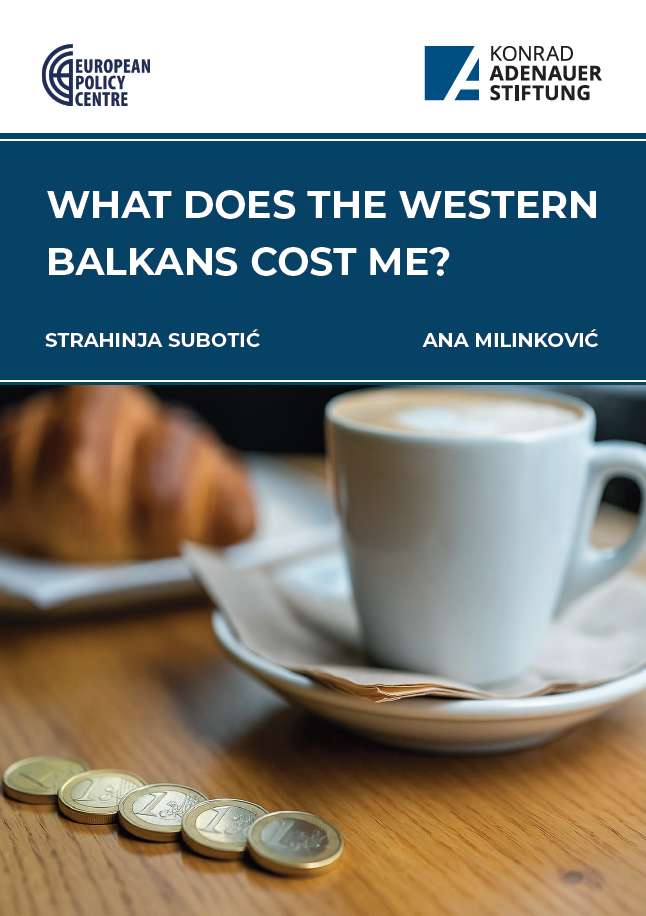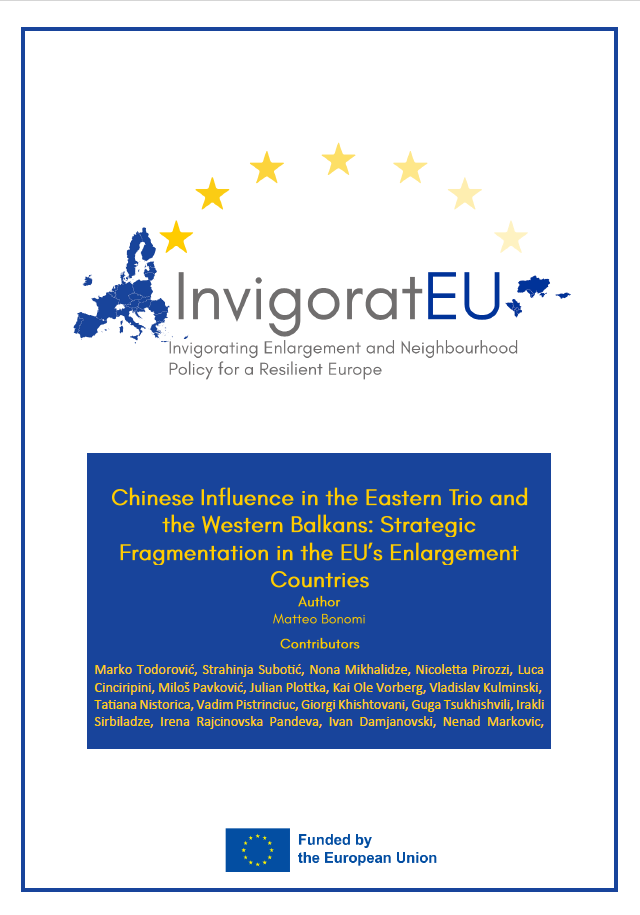Headquarters: Svetog Nauma 7, 11000
Office address: Đorđa Vajferta 13, 11000
Phone:: +381 11 4529 323
This study is published as part of the Heartefact Kosovo-Serbia Fellowship Programme financed by the National Endowment for Democracy (NED). The views and opinions expressed in this publication do not necessarily represent those of Heartefact or the National Endowment for Democracy. The author of the publication is solely responsible for its content.
This study presents the findings from 24 in-depth interviews conducted in Kosovo and Serbia with key stakeholders involved in the normalisation process. Interviewees included government representatives from both Kosovo and Serbia, members of academia and civil society, ruling and opposition party figures, journalists, experts, representatives of international organisations, and members of the Serb community in northern Kosovo.
The core focus of the study is the mapping of four key narratives surrounding the normalisation process. The research identifies four distinct perspectives on the dialogue and the expectations for its final outcome:
- In Kosovo, the majority of stakeholders view the dialogue as an essential step in state-building, with mutual recognition seen as the ultimate goal of the normalisation process.
- In Serbia, most stakeholders, particularly government representatives, do not share this view. For them, the dialogue is framed within the context of UN Security Council Resolution 1244 (1999) and maintains Serbia’s sovereignty, excluding the recognition of Kosovo’s independence.
These opposing narratives have entrenched tensions within the dialogue, a dynamic further complicated by the EU’s strategy of constructive ambiguity. The 2023 Ohrid Agreement introduced new dimensions to the dialogue, giving rise to a third narrative centred around functional recognition. This view, predominantly supported by stakeholders from (Kosovska) Mitrovica, has also gained notable traction in both Belgrade and Pristina. A fourth narrative emerged advocating for de facto recognition of Kosovo, while opposing Kosovo’s membership in international organisations. This position finds its strongest support in Belgrade.
In addition to mapping these narratives, the study also explores:
- The current state of the EU-facilitated dialogue,
- The debate surrounding the Association/Community of Serb-Majority Municipalities,
- The (lack of) implementation of the Ohrid Agreement (2023), and
- The potential for escalation on the ground following the Banjska and Ibar-Lepenac canal incidents.
This research aims to provide a nuanced understanding of the evolving dynamics in the Kosovo-Serbia normalisation process, highlighting both convergences and deep-rooted divergences among key actors.


